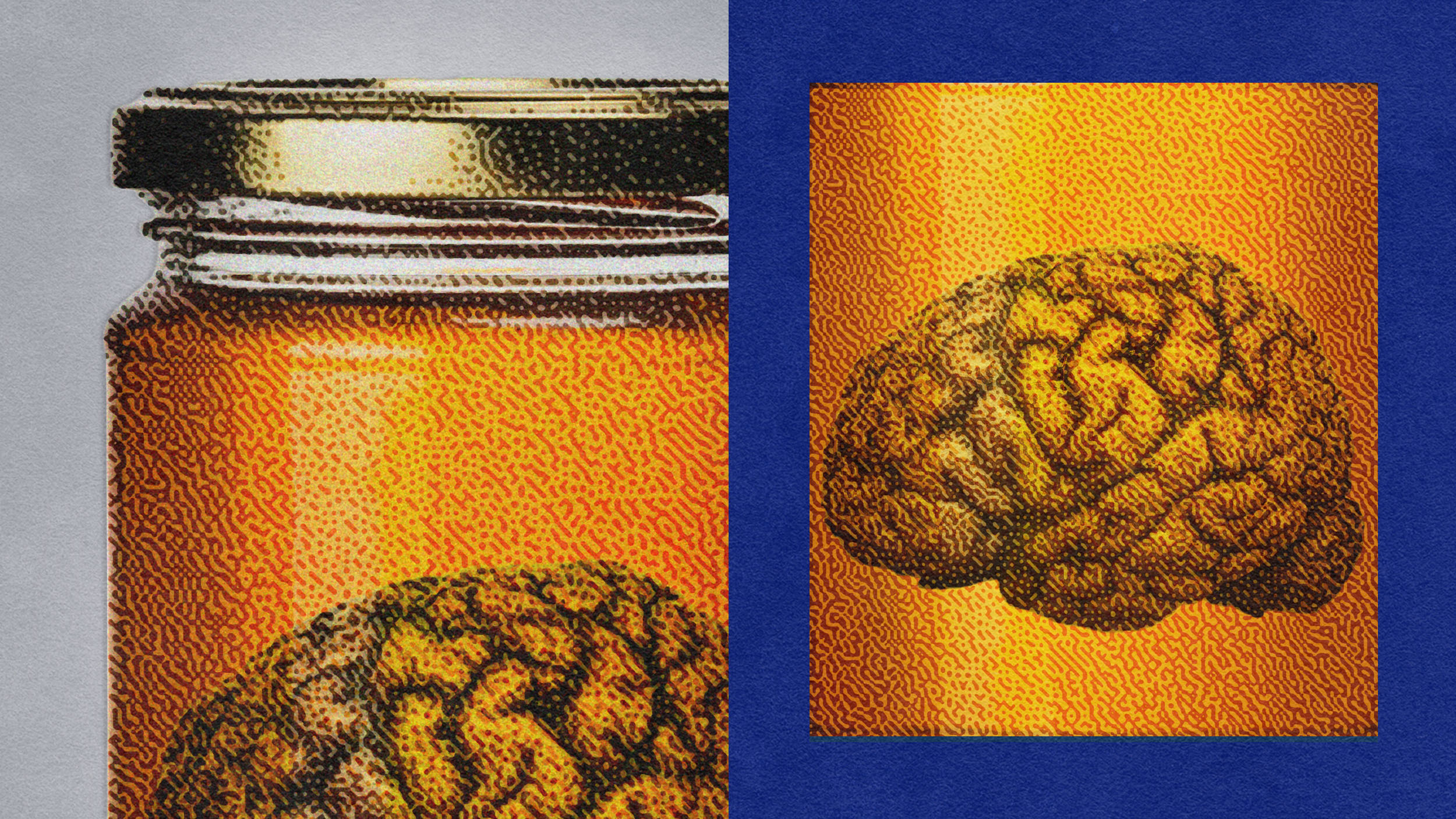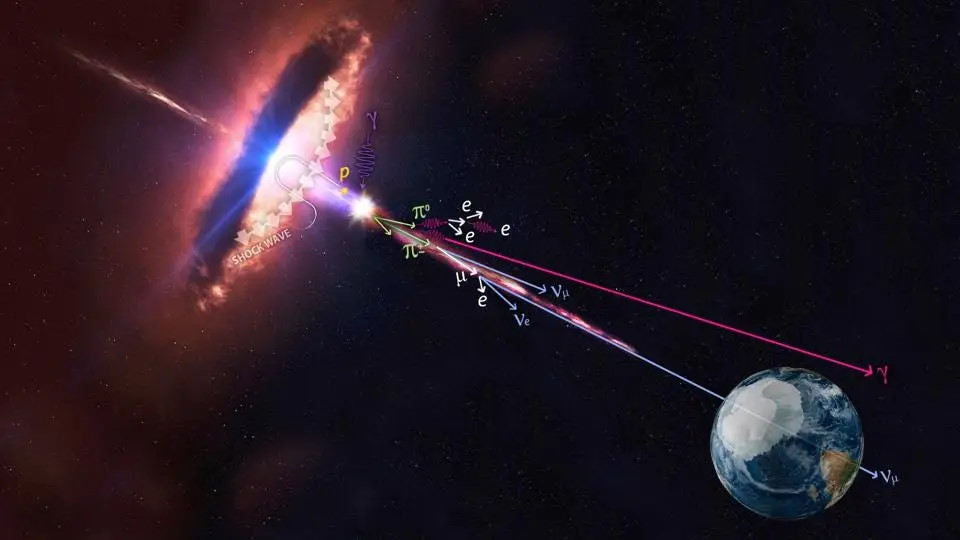Beer before wine and you’ll feel fine? Well, it depends.
For some reason, when we talk about the age of stars, galaxies, and the Universe, we use “years” to measure time. Can we do better?
The JWST’s observations of well-developed galaxies early in universal history may coincide with accepted astronomical theory after all.
The most common element in the Universe, vital for forming new stars, is hydrogen. But there’s a finite amount of it; what if we run out?
Sometimes you just want to hear, “I know what it’s like.”
You really can get by with a little help from your friends — if you also look beyond your personal to-do list.
Tough and cutthroat leaders are celebrated in a results-driven culture — but there is another path to C-suite success.
Life arose on Earth very early on. After a few billion years, here we are: intelligent and technologically advanced. Where’s everyone else?
Even with the best technology imaginable, you’d probably never be able to exist as a consciously aware brain in a vat.
Our Universe requires dark matter in order to make sense of things, astrophysically. Could massive photons do the trick?
Vaccines targeting some of our deadliest cancers are showing promise in early trials.
It’s 50% stronger than comparable materials used in aerospace.
Public mass shooters almost always have worldviews shaped by the “3 Rs”: rage, resentment, and revenge.
When does “oversharing” become an issue?
Practically all of the matter we see and interact with is made of atoms, which are mostly empty space. Then why is reality so… solid?
Most counties in the U.S. have only one local newspaper, often one that publishes weekly instead of daily.
A recent study suggests that exposure to visual stimuli can diminish the effects of psychedelic drugs.
If the electromagnetic and weak forces unify to make the electroweak force, maybe, at higher energies, something even grander happens?
From Taoism to hedonism, philosophers have devised all sorts of ways to live your best life.
Explore how the study of exoplanets is transforming our understanding of ocean formation.
A physicist, a psychologist, and a philosopher walk into a bar and discuss a framework for thinking better in the 21st century.
The Universe is expanding, and the Hubble constant tells us how fast. But how can it be a constant if the expansion is accelerating?
Nicole has been dating someone for a while but it’s not working out from her point of view. Is sudden radio silence an ethical option?
Irene is on a bus with her young kids when two men come on, cussing like sailors. Should Irene step in and say something?
Rich is brilliant at his job. He completes work in half the time of his coworkers. Should he have to sit at his desk just as long?
It’s not enough just to stay current and competitive with AI — you’ll also need to build a long-term strategy.
In all the Universe, only a few particles are eternally stable. The photon, the quantum of light, has an infinite lifetime. Or does it?
“Dune: Part One” screenwriter Eric Roth spoke with Big Think about the challenges of bringing Frank Herbert’s sci-fi epic to the big screen.
Boardroom veteran David Roche offers key strategies that can lay the groundwork for CEO success.
Yes, the Universe is expanding, but if you’ve ever wondered, “How fast is it expanding,” the answer isn’t in terms of a speed at all.





























